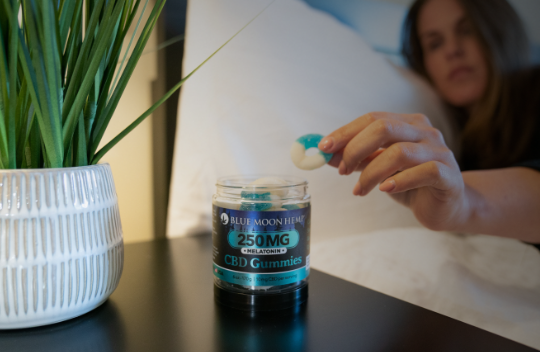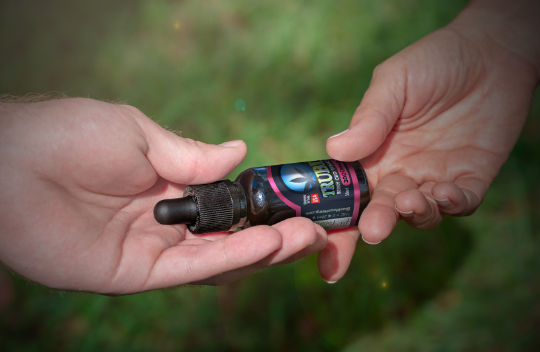CBD for Sleep: Benefits and Tips for a Better Night’s Rest
Do you have trouble falling asleep or staying asleep at night? If so, you’re not alone. According to the American Sleep Association, 50-70 million adults in the US have a sleep disorder. While there are many remedies available, one that has gained popularity in recent years is CBD. CBD, or cannabidiol, is a natural compound found in the hemp plant. Unlike THC, another compound found in cannabis, CBD is not psychoactive, meaning it doesn’t produce a “high.” Instead, it’s known for its potential therapeutic benefits, including helping with sleep. In this article we will share some tips to help aid in the process of getting a great night’s rest.
How CBD Works for Sleep
CBD interacts with the body’s endocannabinoid system (ECS), which regulates a variety of functions including sleep. The ECS contains receptors throughout the body, including in the brain and nervous system. CBD may help improve sleep by interacting with these receptors.
Specifically, CBD may increase levels of the neurotransmitter GABA, which helps calm the brain and reduce anxiety. It may also decrease cortisol levels, a hormone that can interfere with sleep.
Benefits of CBD for Sleep
Research on CBD and sleep is still in its early stages, but some studies suggest that it may be beneficial for improving sleep quality and reducing insomnia. Here are some potential benefits of CBD for sleep:
- Reduced anxiety: Anxiety and stress can make it difficult to fall asleep and stay asleep. CBD may help reduce anxiety and promote relaxation.
- Improved sleep quality: Some studies suggest that CBD may help improve the overall quality of sleep, including reducing the frequency of waking up during the night.
- Reduced pain: Chronic pain can interfere with sleep, and CBD has been shown to have potential as a pain reliever.
Tips for Using CBD for Sleep
If you’re interested in trying CBD for sleep, here are some tips to keep in mind:
- Consult with your healthcare provider: CBD may interact with certain medications, so it’s important to talk to your healthcare provider before using it.
- Start with a low dose: CBD affects everyone differently, so it’s best to start with a low dose and gradually increase if needed.
- Use a high-quality product: Look for CBD products that have been third-party tested for purity and potency.
- Take it before bed: CBD may take some time to take effect, so it’s best to take it about 30 minutes before bed.
Conclusion
CBD shows promise as a natural remedy for improving sleep quality and reducing insomnia. While more research is needed, early studies suggest that it may be beneficial for reducing anxiety, improving sleep quality, and reducing pain. If you’re interested in trying CBD for sleep, it’s important to consult with your healthcare provider and use a high-quality product. Remember that CBD is not a substitute for healthy sleep habits, but rather a complementary tool to help promote relaxation and restful sleep.







